Kosovo partition “unacceptable to U.S.”
America is opposed to a partition of Kosovo, which it recognizes as a “sovereign and independent state”, says U.S. Assistant Secretary of State Philip Gordon.
Tuesday, 11.05.2010.
19:36

America is opposed to a partition of Kosovo, which it recognizes as a “sovereign and independent state”, says U.S. Assistant Secretary of State Philip Gordon. According to him, U.S. thinks that Belgrade and Pristina should talk as soon as possible, “not about the status but about solving of practical problems”. Kosovo partition “unacceptable to U.S.” Gordon told Beta news agency that European integration of Serbia and the entire Balkans was a “strategic goal of Barack Obama’s administration”, and that it would be hard for Belgrade to achieve the membership with the “unsolved issue of Kosovo”. The U.S. official pointed out that “opinion of the International Court of Justice (ICJ), whatever it might be, could serve as a turning point for overcoming the issue of Kosovo and solving of practical problems in order to improve living conditions for all citizens”. The ICJ is expected to rule later this year on the legality under international law of the Kosovo Albanian unilateral Independence declaration made over two years ago. According to Gordon, Pristina and Belgrade should “speak directly” and there is no reason to wait for the ICJ opinion. “Talks could begin immediately because it’s a useful and necessary process since some of the issues have been blocked for too long. But, there’s an impression that both sides for some reason are waiting for the ICJ opinion, so let it be that way,” he was quoted as saying. When asked whether a partition of Kosovo was acceptable to Washington, Gordon pointed out that his country did not support the idea “because it would represent a precedent which would encourage thoughts about new partitions”, something that would be “in nobody’s interest”. “We recognize the sovereignty and territorial integrity of Kosovo and advocate the position that rights should be guaranteed to all citizens in Kosovo, Serbs and other minorities, along with a significant level of autonomy, decentralization as an important principle, protection of religious sites and local communities, but all in the context of territorial integrity,” Gordon was quoted as saying by the news agency. When asked whether a partition of Kosovo would be acceptable “in exchange for Serbia’s recognition of its independence”, the U.S. assistant secretary of state said that “nobody expected that Serbia would recognize Kosovo” but that “partition was not an option” for Washington. “We would like Serbia to recognize Kosovo, but a partition of Kosovo is not the way it should happen,” said he. Gordon also stressed that “territorial adjustment would not be the price for Kosovo’s membership in the UN. “If there are obstacles on the way, that’s something we’ll have to face,” he explained. Gordon denied reports that Washington was thinking about a new UN Security Council resolution on Kosovo to replace Resolution 1244, saying that Kosovo is “independent”, and that the U.S. “does not see any reason for new efforts within the UN”. The American official, who went to Kosovo from Belgrade, said that the ICJ assessment would not change Washington’s position regarding Kosovo. Gordon stated that the European integration was the best way for the entire region because “importance of borders would be lost by accession into a wider community of prosperity, rule of law and stability”. The assistant secretary of state emphasized that the U.S. strongly supported accession of the Balkan region into the EU, which was one of main goals of his visit to Belgrade, Pristina and Skopje. When asked whether recognition of Kosovo would be Serbia’s condition for the membership in the EU, Gordon stated that “Europeans would hesitate to accept someone who did not recognize a country which majority of member states recognized and who has a series of disputes about territory and status with the neighbors”. “Europe and its leaders won’t accept such a situation with much enthusiasm. I think that it’s pretty obvious that Serbia’s road toward the membership in the EU will demand that Serbia resolves the situation with Kosovo,” said he. Gordon also said that NATO's door was “open to Serbia” but that the decision rested with Serbia. At the end of his visit to Belgrade, where he had meetings with representatives of the state institutions, civil society and ambassadors of the western countries, Gordon concluded that relations between Serbia and the U.S. were “improving” and that the differences which existed, “mainly about Kosovo”, should not prevent their “further development”.
Kosovo partition “unacceptable to U.S.”
Gordon told Beta news agency that European integration of Serbia and the entire Balkans was a “strategic goal of Barack Obama’s administration”, and that it would be hard for Belgrade to achieve the membership with the “unsolved issue of Kosovo”.The U.S. official pointed out that “opinion of the International Court of Justice (ICJ), whatever it might be, could serve as a turning point for overcoming the issue of Kosovo and solving of practical problems in order to improve living conditions for all citizens”.
The ICJ is expected to rule later this year on the legality under international law of the Kosovo Albanian unilateral Independence declaration made over two years ago.
According to Gordon, Priština and Belgrade should “speak directly” and there is no reason to wait for the ICJ opinion.
“Talks could begin immediately because it’s a useful and necessary process since some of the issues have been blocked for too long. But, there’s an impression that both sides for some reason are waiting for the ICJ opinion, so let it be that way,” he was quoted as saying.
When asked whether a partition of Kosovo was acceptable to Washington, Gordon pointed out that his country did not support the idea “because it would represent a precedent which would encourage thoughts about new partitions”, something that would be “in nobody’s interest”.
“We recognize the sovereignty and territorial integrity of Kosovo and advocate the position that rights should be guaranteed to all citizens in Kosovo, Serbs and other minorities, along with a significant level of autonomy, decentralization as an important principle, protection of religious sites and local communities, but all in the context of territorial integrity,” Gordon was quoted as saying by the news agency.
When asked whether a partition of Kosovo would be acceptable “in exchange for Serbia’s recognition of its independence”, the U.S. assistant secretary of state said that “nobody expected that Serbia would recognize Kosovo” but that “partition was not an option” for Washington.
“We would like Serbia to recognize Kosovo, but a partition of Kosovo is not the way it should happen,” said he.
Gordon also stressed that “territorial adjustment would not be the price for Kosovo’s membership in the UN.
“If there are obstacles on the way, that’s something we’ll have to face,” he explained.
Gordon denied reports that Washington was thinking about a new UN Security Council resolution on Kosovo to replace Resolution 1244, saying that Kosovo is “independent”, and that the U.S. “does not see any reason for new efforts within the UN”.
The American official, who went to Kosovo from Belgrade, said that the ICJ assessment would not change Washington’s position regarding Kosovo.
Gordon stated that the European integration was the best way for the entire region because “importance of borders would be lost by accession into a wider community of prosperity, rule of law and stability”.
The assistant secretary of state emphasized that the U.S. strongly supported accession of the Balkan region into the EU, which was one of main goals of his visit to Belgrade, Priština and Skopje.
When asked whether recognition of Kosovo would be Serbia’s condition for the membership in the EU, Gordon stated that “Europeans would hesitate to accept someone who did not recognize a country which majority of member states recognized and who has a series of disputes about territory and status with the neighbors”.
“Europe and its leaders won’t accept such a situation with much enthusiasm. I think that it’s pretty obvious that Serbia’s road toward the membership in the EU will demand that Serbia resolves the situation with Kosovo,” said he.
Gordon also said that NATO's door was “open to Serbia” but that the decision rested with Serbia.
At the end of his visit to Belgrade, where he had meetings with representatives of the state institutions, civil society and ambassadors of the western countries, Gordon concluded that relations between Serbia and the U.S. were “improving” and that the differences which existed, “mainly about Kosovo”, should not prevent their “further development”.





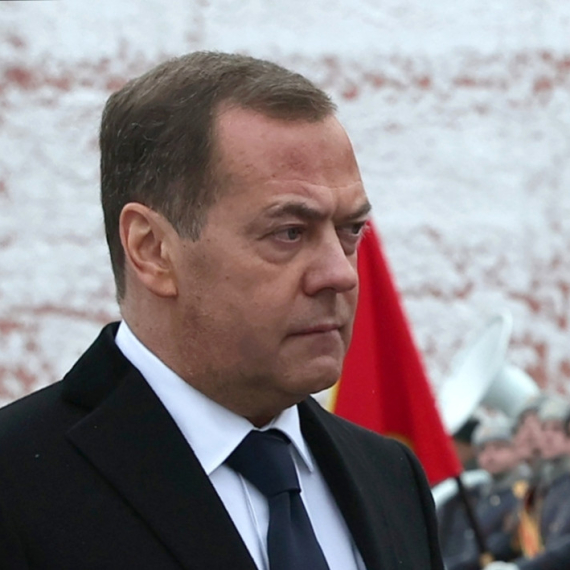
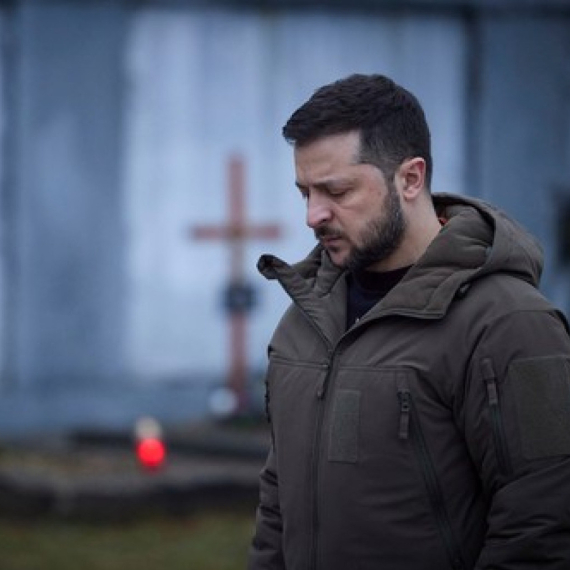









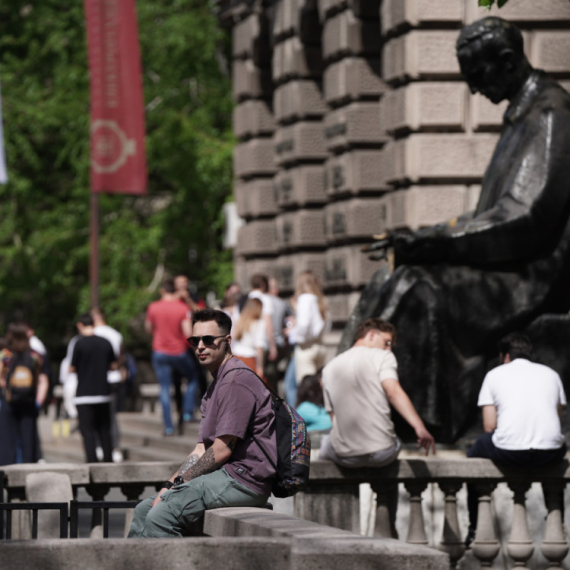
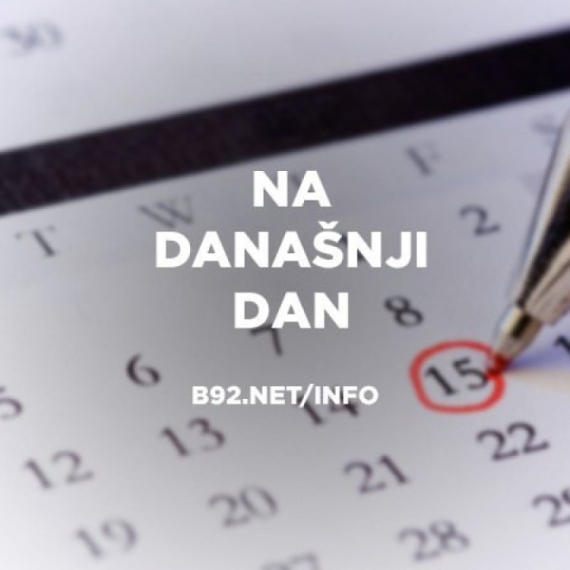


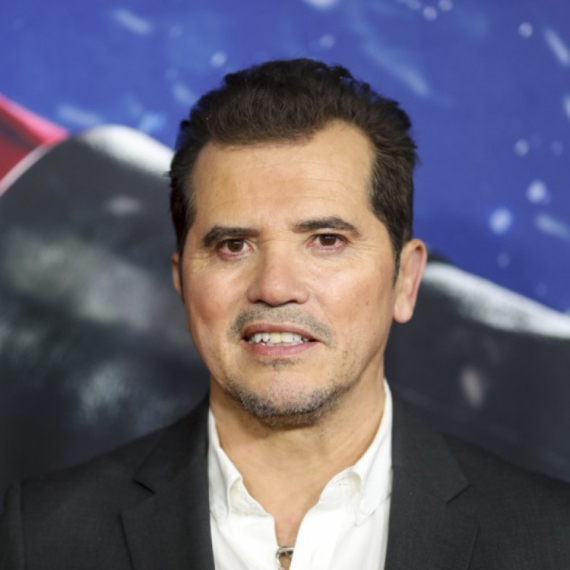

















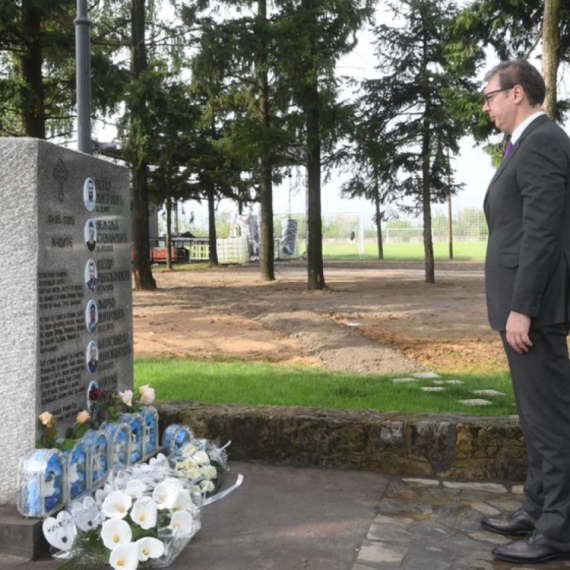

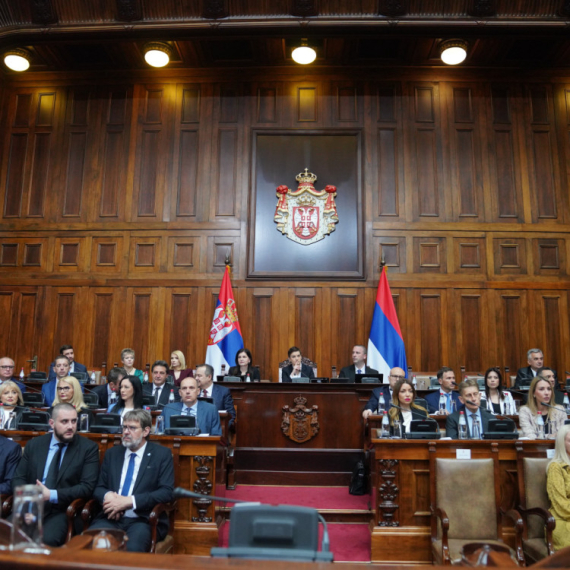


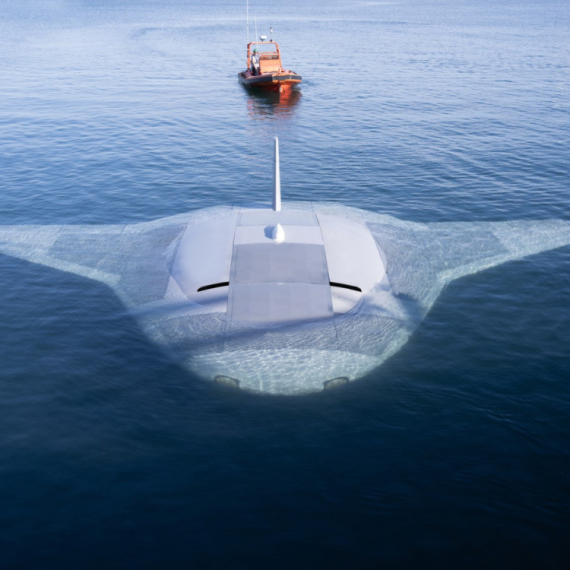
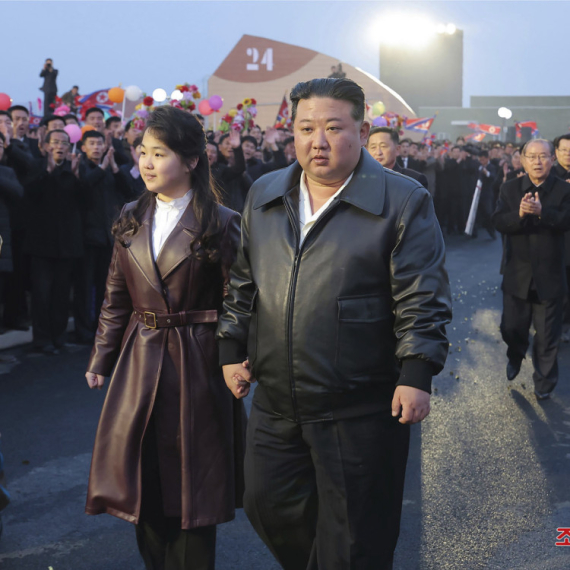

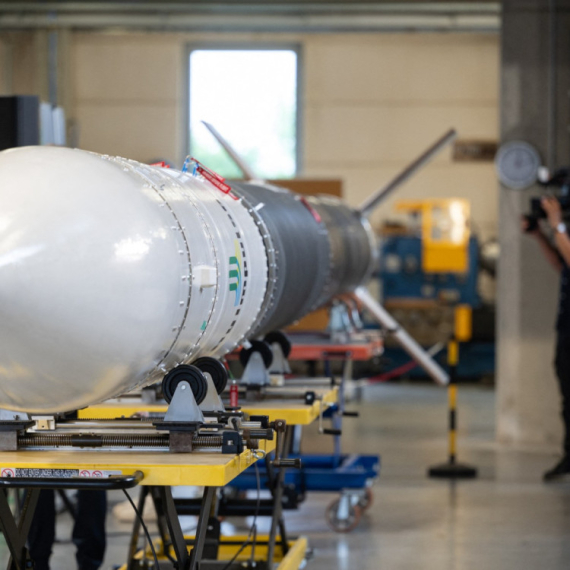

Komentari 45
Pogledaj komentare